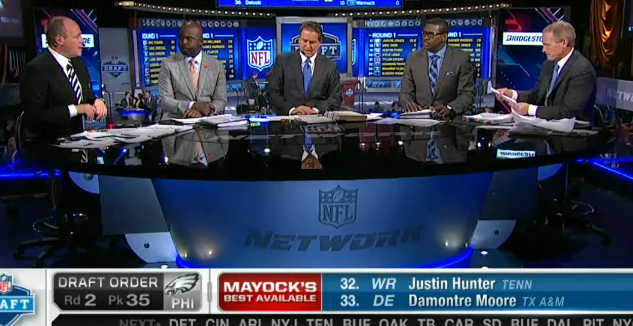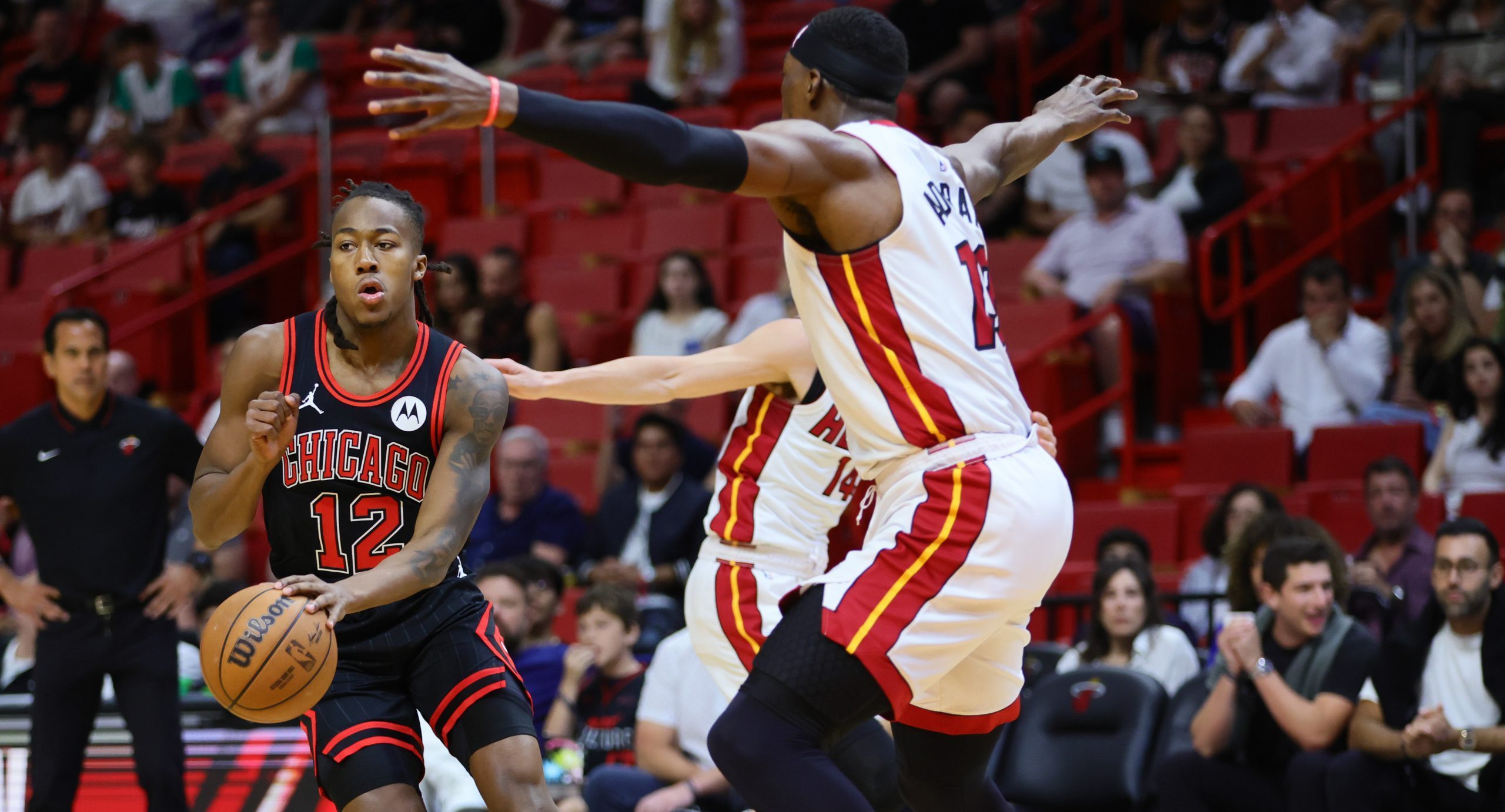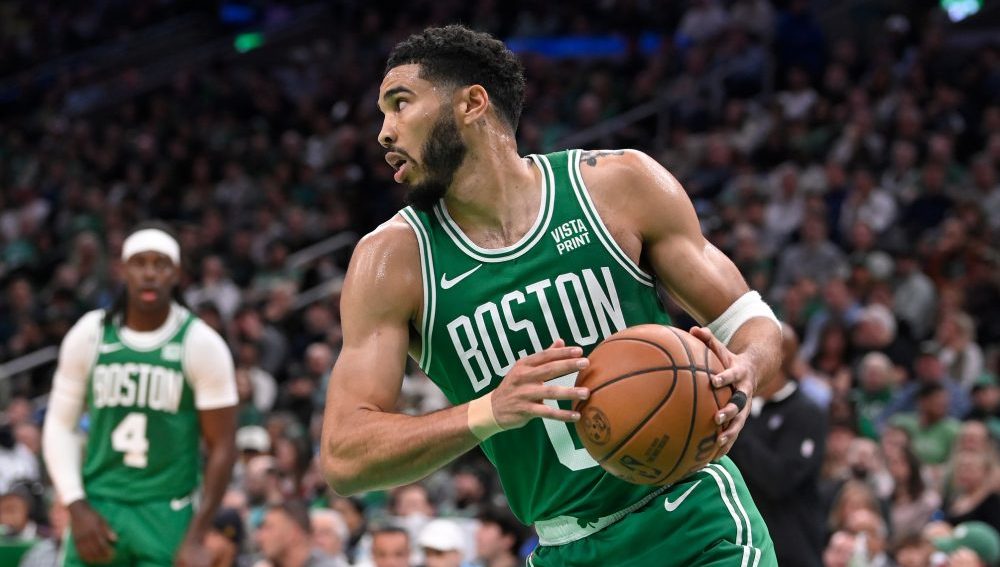The deans of sports media writing, Richard Sandomir and Jim Miller of the New York Times, have a fantastic column examining NFL Network a decade into its existence. The most amazing tidbit is one that hasn't been discussed much in public previously. In 2009, the NFL almost became 50/50 partners with ESPN as co-owners of NFL Network.
[Insert joke about ESPN being NFL Network already because that's the only sport they talk about]
Remarkably, the deal almost happened, and it would have changed the sports landscape as we know it. The potential $2 BILLION dollar deal would have cut ESPN's cost for its Monday Night Football contract, brought ESPN a Wild Card playoff game, and perhaps even more significantly, the NFL would have scheduled much better games for Monday nights:
Different as they are, ESPN and the NFL Network nearly became partners. In 2009, the league courted ESPN in a series of exhaustive negotiations that the league hoped would conclude with ESPN acquiring 50 percent of the NFL Network for $2 billion, according to league and network executives.
To help entice ESPN, the N.F.L. offered to reduce the price of “Monday Night Football.” The new “Monday Night” contract, which starts next season, will have ESPN paying an average of $1.9 billion a season, plus $100 million annually for a wild-card playoff game. The executives involved in the talks said the N.F.L. offered to cut the fee to $1.5 billion a year, with the playoff game tossed in as a signing bonus.
Perhaps even more attractive to ESPN than paying less was the N.F.L.’s suggestion that its “Monday Night” schedule would be improved. ESPN’s schedule has lacked the strength of NBC’s Sunday night games largely because the league turned “Sunday Night Football” into its marquee prime-time showcase.
It seems like a great deal for both parties. NFL Network would get the world's largest sports conglomerate as their partner. And in 2009 when the network was still struggling for distribution (hello Time Warner Cable!) that would have been a major boost. ESPN would easily make up the $2 billion dollars in five years thanks to saving $400 million each year in their contract with the league. And, ESPN would get an NFL playoff game. And their schedule would be much better than the many terrible games we've seen the last several years.
But of course as we know, a deal didn't get done. There was a catch. NFL Network didn't just want ESPN's money, they wanted some of their college football games to broadcast on Saturdays and fill programming hours with top level live events. Ultimately, ESPN and NFL Network couldn't come to an agreement on shared college football games and negotiations fell apart even though the two sports giants were *this close* to a deal:
"ESPN’s willingness to give up some of its best college games proved the most critical issue, and the network ultimately backed away, reluctant to cede a commodity as priceless as a part of its college football schedule — regardless of the benefits to its N.F.L. business. Talks got so promising that cases of Champagne were ordered and stashed away at N.F.L. headquarters in Manhattan for the anticipated celebration of an agreement."
How would sports be different in a world where ESPN owned half of NFL Network? The ramifications would be huge across sports. ESPN would likely devote even more time to the NFL (if that's at all possible), but they would have a playoff game already and it would change Monday Night Football substantially for the better. Who knows, the NFL may have even instituted flex scheduling for MNF or taken other steps to ensure watchable games late in the season. And what about college football? College games airing on NFL Network would have been huge for NFLN, but perhaps they were too greedy in asking for some of ESPN's live sports inventory.
If anything, this story from Sandomir and Miller shows the value of live sports rights trumps all. It wasn't about money, it was about the games. That's why ESPN balked at NFLN's proposal and why the partnership never happened. Protecting their college football live games was even more important than improving MNF or owning half of NFL Network.
In the end, it's all a game of "what if" but it's fun to think about what could have been.








Comments are closed.